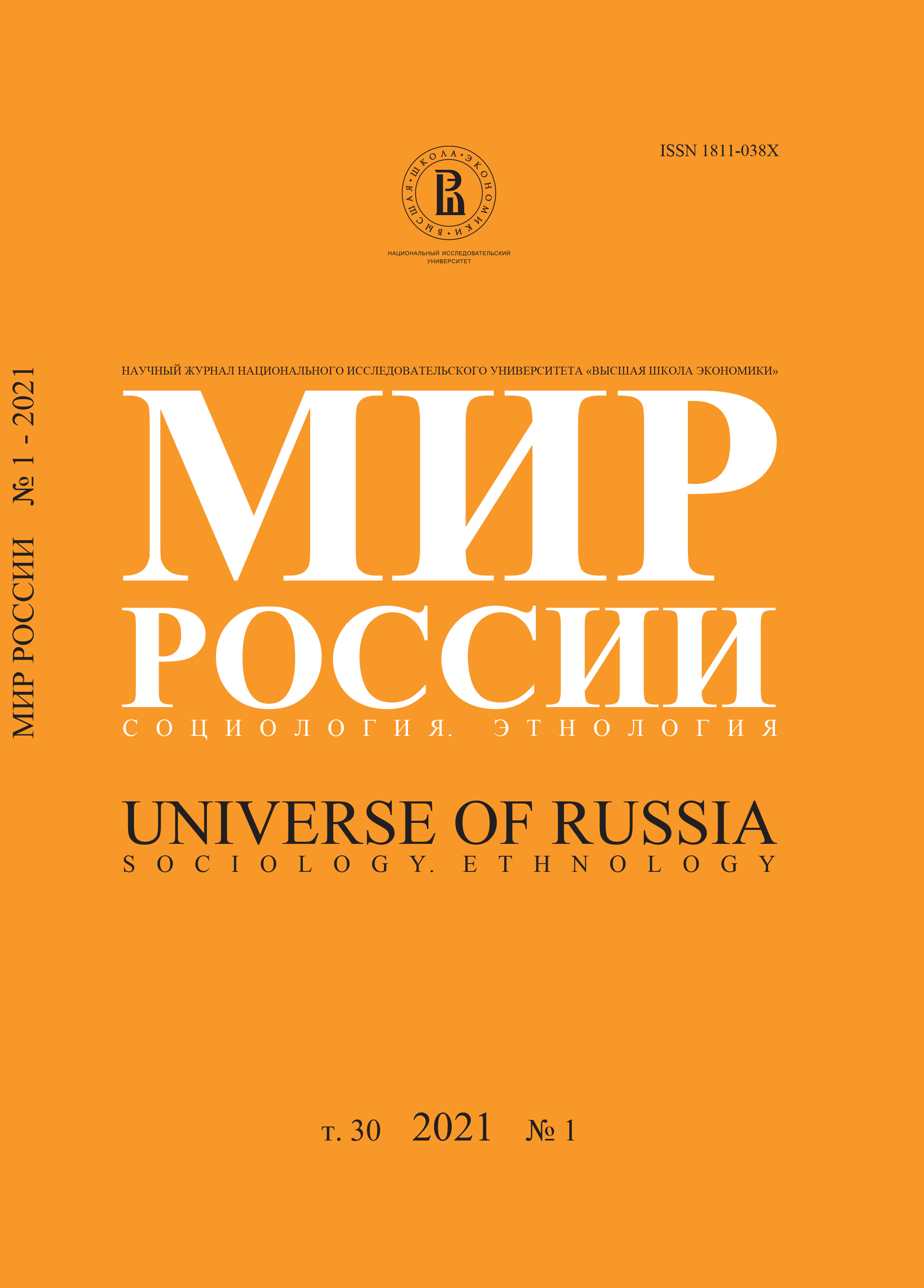Local Self-Government in Contemporary Russia
Abstract
This article focuses on the development of local self-government in Russia over the past three decades. Building on the ideas of James Sсott regarding the good intentions of state implementation, it provides a general description of the changes, but also reconstructs the logic of the legislators involved. The central government in post-Soviet Russia has distanced itself from local self-government as much as it could, turning municipalities into a firewall against a population claiming social guarantees. This explains why local self-government in the 1990s to early 2000s featured a lot of independence and diversity. The transformation history of Russian local self-government over the past 20 years can be described as the central government attempting to restore local order and social justice (social justice in the vision of the rent-oriented part of the population) in the face of highly passive residents and a gradual transformation of the settlement structure. This has resulted in the simplification and de facto nationalization of local self-government (in the near future, formal nationalization is also expected). The centralization of local self-government (i.e. its integration into the unitary system of state power) has led to the separation of local authorities from the local population and the reduced transparency of local socio-economic processes for municipal managers.






